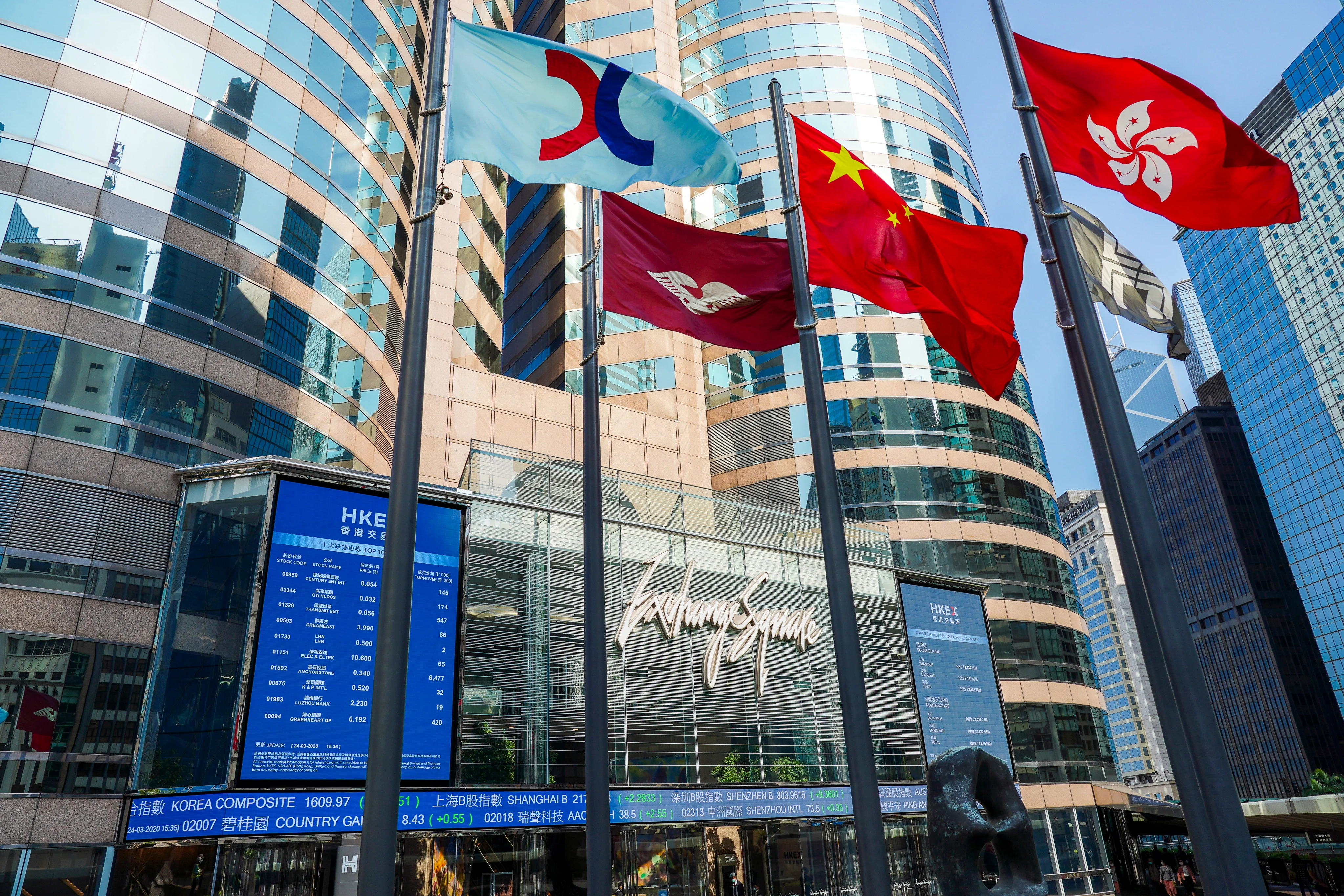Chinese Companies Shift Focus to Hong Kong as U.S. IPO Listings Decline
Chinese Companies Shift Focus to Hong Kong as U.S. IPO Listings Decline
By
Junia Wells
Last updated:
October 15, 2025
First Published:
November 30, 2025

Photo: South China Morning Post
Chinese firms are turning away from the United States’ capital markets in growing numbers, opting instead to list closer to home in Hong Kong. This shift marks a major change in global listing strategies as geopolitical friction, regulatory hurdles, and investor caution reshape cross-border finance.
According to data from financial markets, Chinese IPOs in the U.S. have fallen 4% year-on-year in 2025, generating just $875.7 million across 23 listings. In contrast, Hong Kong IPO activity has surged, with analysts predicting a sharp rebound in deal flow by late 2025 and early 2026 as investor confidence in the region returns.
Why Chinese Firms Are Leaving Wall Street
The pullback reflects more than just a short-term slowdown. It highlights a deepening divide between Washington and Beijing, as well as the increasing complexity of listing compliance under U.S. regulatory scrutiny.
After years of high-profile U.S. listings — from Alibaba’s record-breaking $25 billion IPO in 2014 to Didi’s turbulent debut and subsequent delisting in 2021 — many Chinese firms are reconsidering whether the prestige of a Wall Street debut is worth the political and legal risks.
Recent developments, such as the Holding Foreign Companies Accountable Act, which demands stricter audit transparency for foreign issuers, have added to these concerns. Several Chinese firms fear potential delisting if they fail to meet the Public Company Accounting Oversight Board (PCAOB)’s audit inspection standards.
In addition, U.S. investors have grown more cautious about exposure to Chinese equities amid regulatory crackdowns in China’s tech, education, and property sectors.
Hong Kong Becomes the Preferred Gateway
Hong Kong has emerged as the natural alternative for Chinese companies seeking international capital. The city offers access to global investors without the political risks tied to U.S. markets, while maintaining familiarity with Chinese business practices and regulatory frameworks.
So far in 2025, Hong Kong IPOs have attracted over $7.3 billion in proceeds — a significant rebound compared to the $3.2 billion raised during the same period last year. The Hong Kong Stock Exchange (HKEX) has positioned itself as a key regional hub, simplifying dual-primary listings and streamlining approvals for fast-growing firms in technology, biotech, and green energy sectors.
J.P. Morgan’s Peihao Huang, Head of Equity Capital Markets for Asia-Pacific, noted optimism for the months ahead:
“We expect a very busy Q4 and first half of 2026 with a super strong pipeline.”
Market insiders suggest at least 50 to 60 Chinese firms — ranging from EV manufacturers to AI startups — are currently preparing Hong Kong IPO filings, signaling confidence that investor appetite for China-linked assets remains strong in Asia.
Strategic Repositioning Amid Global Uncertainty
The move also reflects Beijing’s broader goal of reducing dependency on U.S. financial systems. Following repeated disputes over data security and audit oversight, China has encouraged its domestic champions to consider “homecoming listings.”
Many Chinese firms that once listed on the Nasdaq or NYSE — including JD.com, NetEase, and Trip.com — have already pursued secondary listings in Hong Kong. The city’s market infrastructure and liquidity depth make it a viable bridge for raising global capital while staying under a regulatory environment aligned with mainland priorities.
Meanwhile, China’s Securities Regulatory Commission (CSRC) has introduced faster approval processes for outbound listings in Hong Kong, reducing red tape and improving transparency.
What It Means for Global Investors
For global investors, this geographic realignment offers both opportunities and challenges. On one hand, Hong Kong’s growing role could strengthen Asia’s capital market ecosystem, offering exposure to Chinese innovation in a more politically neutral zone. On the other, it reduces the availability of Chinese equities on U.S. exchanges, limiting American investors’ direct access to the world’s second-largest economy.
Analysts say the trend may continue as long as U.S.-China tensions persist. According to Bloomberg Intelligence, if regulatory barriers remain high, up to 70% of Chinese IPOs could be directed toward Hong Kong or mainland exchanges by 2026.
Outlook
While Chinese IPO activity in New York remains subdued for now, most experts expect renewed momentum in Asia. The combination of improving liquidity, regulatory clarity, and strategic alignment with China’s economic priorities positions Hong Kong as the preferred destination for upcoming public offerings.
As one senior market strategist put it, “The balance of global capital raising is clearly tilting eastward — and Hong Kong stands to gain the most.”
In short, the shift away from Wall Street is more than a temporary pause; it’s a structural transformation in how Chinese companies engage with the global financial system.
Popular articles
Subscribe to unlock premium content
Gilded Holidays in Fashion

How HBO Max Used the Power of Limited Series to Redefine Streaming Competition and Challenge Netflix’s Binge Culture

How Stranger Things Revolutionized Netflix and Redefined Streaming Entertainment

Gilded Holidays in Fashion

How HBO Max Used the Power of Limited Series to Redefine Streaming Competition and Challenge Netflix’s Binge Culture

Gilded Holidays in Fashion









